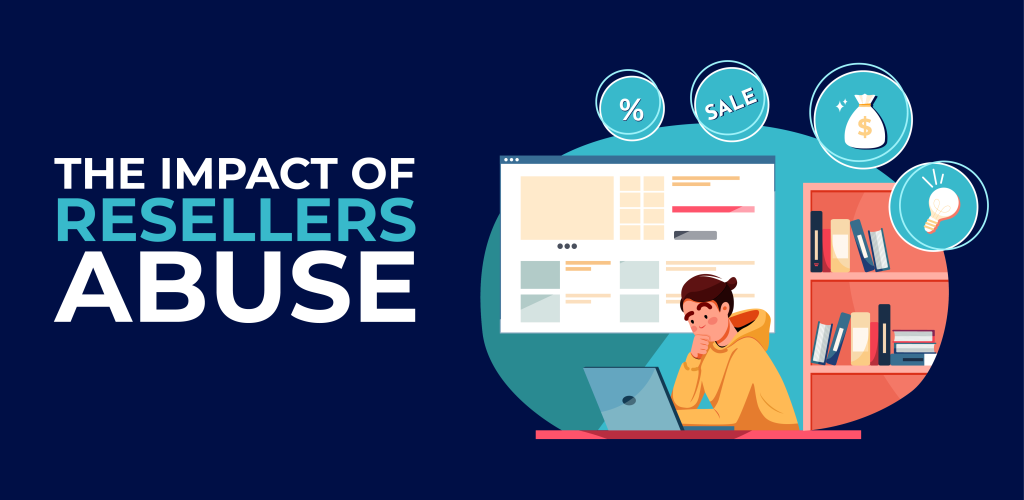
Addressing the Challenge of Reselling in eCommerce
In the world of eCommerce, the phenomenon of third-party reselling has become a significant challenge. These resellers use sophisticated methods, including bots, to acquire products in large quantities and resell them at inflated prices. This not only drives up prices but also damages the relationship between brands and consumers.
Impact on the Customer Experience in eCommerce
In eCommerce, loyal customers often find that desired products are instantly sold out, only to reappear on resale platforms at much higher prices. This leads to a negative customer experience and can harm the brand’s reputation.
Retailers Facing Resellers
For retailers, reselling means losing control over the distribution of their products. While the products are sold, the customer experience is negatively affected, which can harm brand loyalty and perception in the long term.
Strategies for Combating Resellers
To combat reseller abuse, retailers need smart tools to identify these transactions. AI-based solutions, which constantly analyze user behavior, linking it to real-time data, are crucial for detecting and countering these damaging actors.
Combating Reseller Abuse
Indeed, reseller abuse unfairly punishes customers for their brand loyalty. It artificially inflates prices and impacts the entire customer experience, limiting retailers’ ability to reach customers with loyalty rewards. It is clear that addressing reseller abuse should be a priority for brands and retailers.
What is required is an intelligent way to identify the characteristics of resale transactions and AI-driven fraud decision tools like FUGU offer the solution. By analyzing user behavior throughout the customer journey pre-purchase and post-purchase,using machine learning to link real-time data based on our honed expertise and endless historical insight, retailers can uncover the use of bots and hidden identity links. These include slightly modified shipping addresses, multiple email accounts, as well as post-payment verifications, allowing you to understand who is behind the transactions and the true level of risk you are accepting.